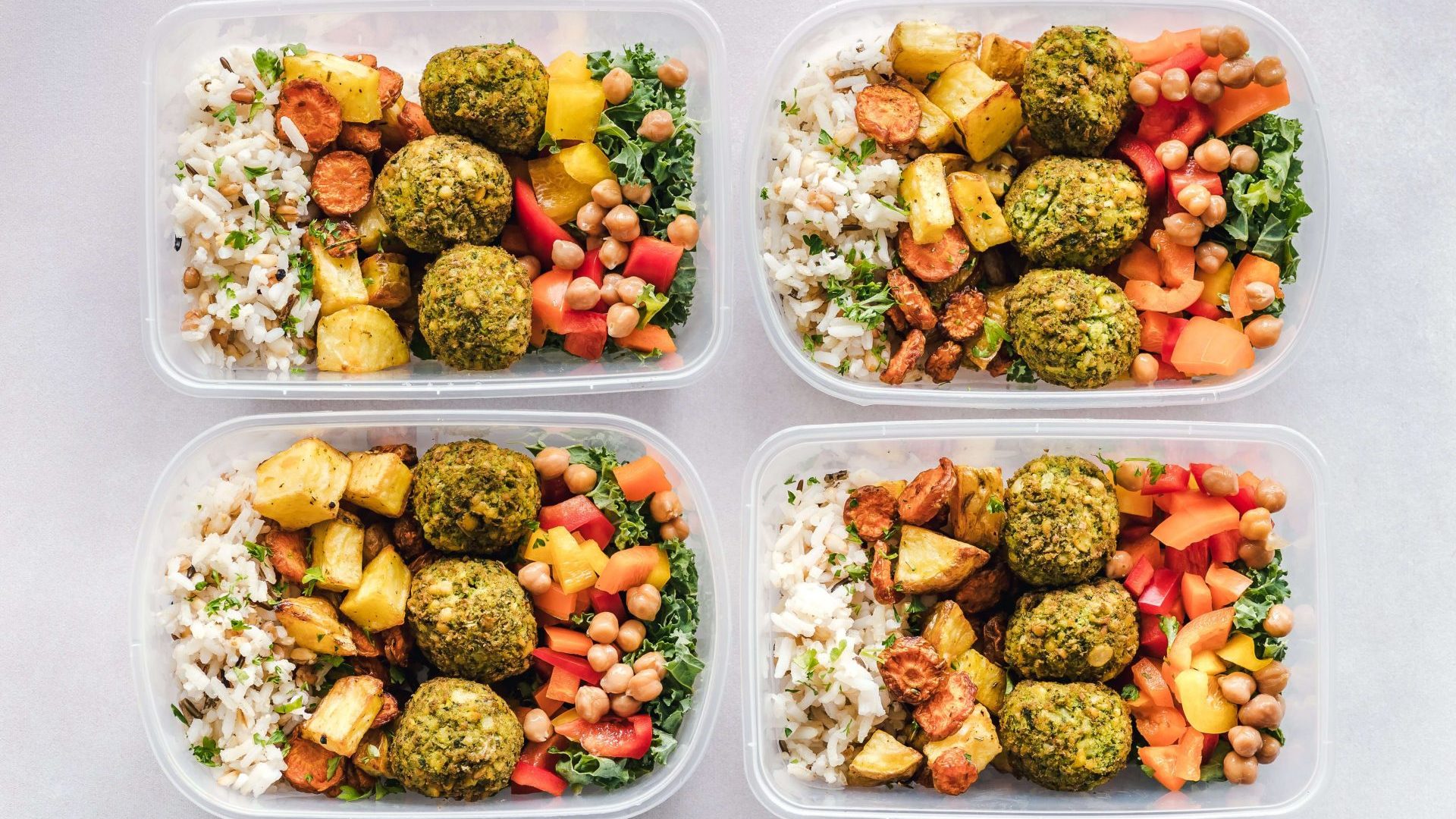
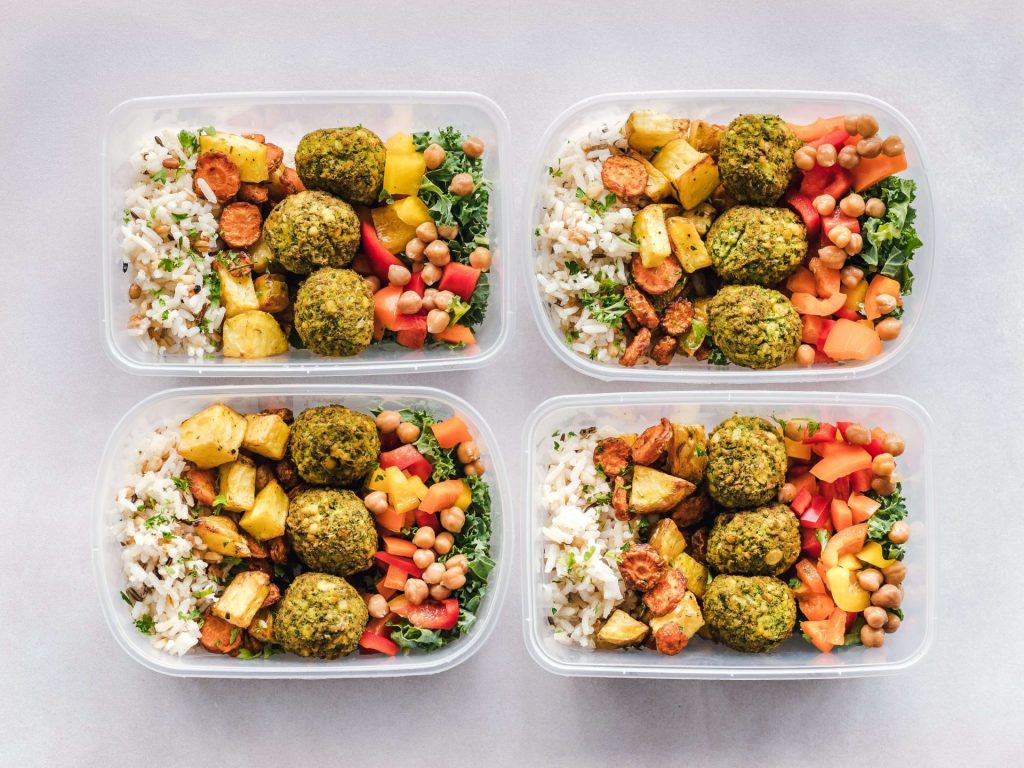
In this blog, we’re here to explain the basics and guide you through how to get started on the Mediterranean diet.
Starting a new diet can be a daunting endeavor, especially when you’re looking to make significant changes to your eating habits. But fear not! If you’re eager to embrace a healthier 2024, this is the perfect place to begin your journey.
(P.S. It’s easier than you think!)
Making even minor adjustments to your weekly meal planning can be a powerful step toward achieving long-lasting, positive changes. Let’s discuss how to practically start incorporating the Mediterranean diet into your daily life:
Begin by making small changes to your diet.
Start by adding more fruits and vegetables to your meals, aiming for at least 3-5 servings daily. Replace unhealthy fats with olive oil in your cooking. Over time, gradually reduce your intake of processed foods and red meat.
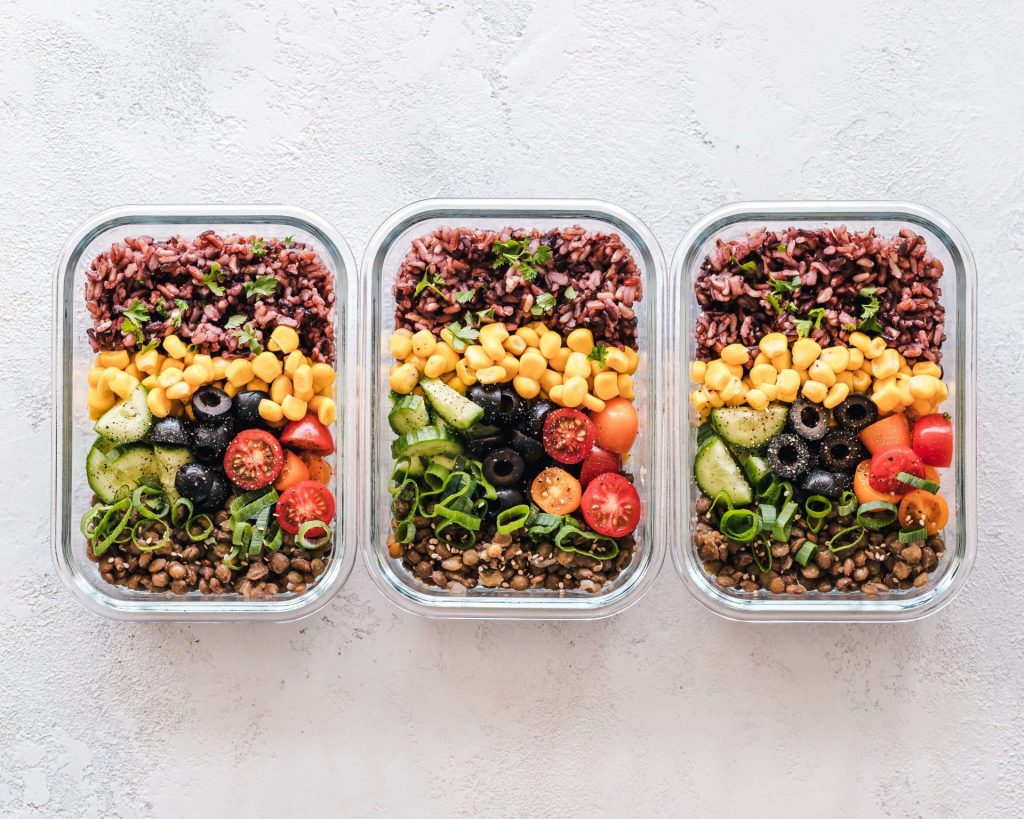
Plan your meals for the week ahead.
Creating a meal plan or preparing your meals for the week is a dependable strategy for staying committed to your new diet. Consistency is the cornerstone when establishing new dietary habits and planning in advance provides you with the necessary structure to stay on course with your healthy eating goals.
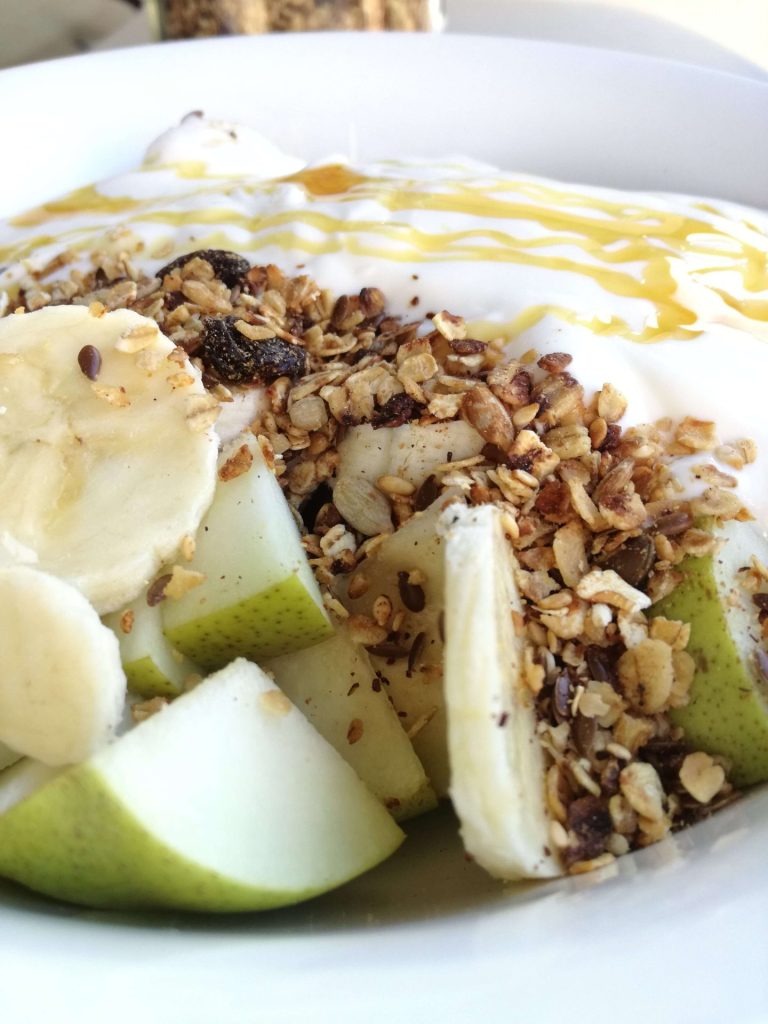
Try replacing high-sugar and fatty snacks with healthier alternatives such as a handful of mixed nuts, fresh fruit, or Greek yogurt with honey to keep your energy levels up and your cravings satisfied.
Getting creative in the kitchen and trying out new Mediterranean diet recipes can help ensure you’re getting the right balance of different food groups in your diet.
If you’re not sure where to start, try prepackaged ingredients like Dolmas stuffed grape leaves with rice, or using Greek chickpeas with onions & carrots in lemon sauce to help with your meal prep. These products provide an authentic Greek flavor, simplifying your meal planning and making it effortless to integrate Mediterranean flavors into your daily routine.
Drink plenty of water throughout the day. Herbal teas, commonly consumed in the Mediterranean region, are also a good choice to stay hydrated.

At the heart of any Mediterranean diet meal plan are nutrient-rich, whole foods that are not only delicious but also nourishing for your body. This diet, known for its connection to Greek cuisine, embraces traditional Greek food ingredients.
This is a quick overview of the types of food to include in your meal plans. For a more detailed list see our Essential Mediterranean Diet Shopping List.
Here’s a breakdown of what the Mediterranean Diet Consists of:
Seasonal Fruits and Vegetables
The diet places a strong emphasis on fresh, seasonal fruits and vegetables – staples in popular Greek food.
This should be the foundation of your meals with a goal to consume 5-7 servings of fruits and vegetables daily.
Whole Grains
Choose options like whole wheat, brown rice, and quinoa to elevate your meals.
These grains are not only delicious but also packed with essential nutrients and fiber. In fact, they should form the basis of all your grain-based dishes
Healthy Fats
Use olive oil as your primary source of fat.
Try to replace other fats like butter and margarine with olive oil in your cooking and salad dressings.
Lean Proteins
Maintain a well-rounded diet with lean protein sources.
Incorporate fatty fish such as salmon, sardines, and tuna at least twice a week for their heart-healthy omega-3 fatty acids. You can also include lean poultry and other lean meats in moderation to diversify your meals.
Legumes
Include legumes like chickpeas, lentils, and beans in your meals at least three times a week. They are excellent sources of plant-based protein and fiber.
Nuts and Seeds
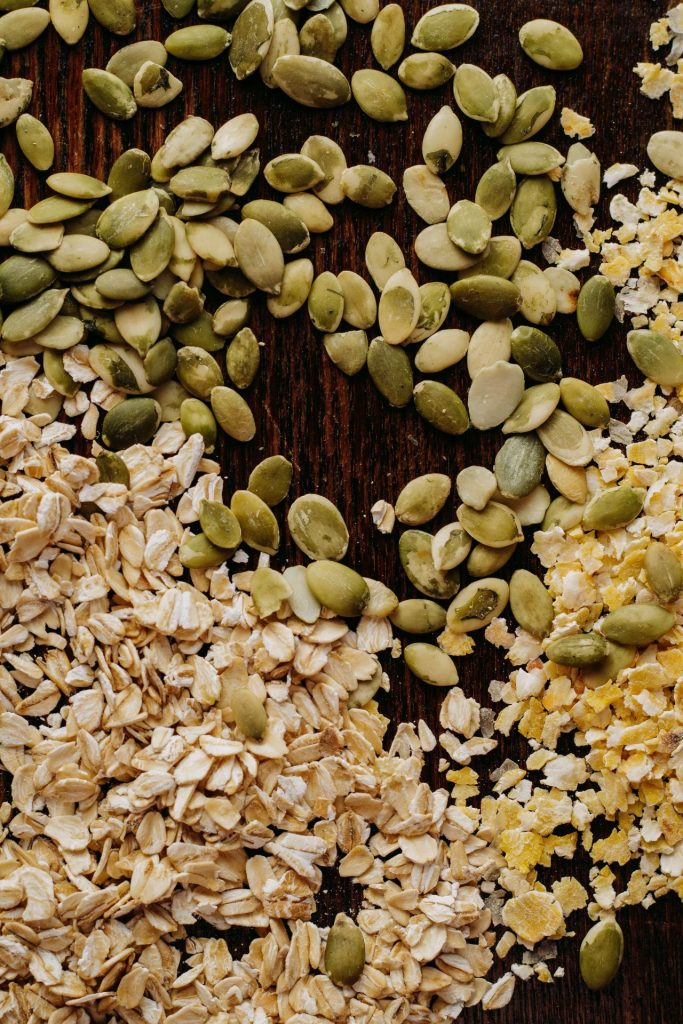
Consume a handful of nuts, such as almonds or walnuts, as a snack or add them to your dishes. Additionally, incorporate seeds like flaxseeds into your diet for added nutrition.
Herbs and Spices
Flavor your dishes with Mediterranean herbs like basil, oregano, and rosemary, as well as spices such as garlic and cumin.
In the world of Mediterranean cuisine, the secret to its irresistible flavors lies in the generous use of aromatic herbs and spices.
To fully embrace the Mediterranean diet, it’s important to understand what foods you’ll need to avoid:
Absolutely!
If you lean towards a vegetarian lifestyle, adapting to the Mediterranean Diet is a breeze. Simply omit meat and fish from your meals, and rely on plant-based sources such as nuts and beans for your protein needs.

To enhance the benefits of your dietary choices, consider these lifestyle recommendations:
Whether you lead a busy professional life or simply appreciate the richness of Mediterranean food, this diet is an excellent choice for all.
At Paliria, we offer a selection of Greek food products designed to simplify meal prep and enhance your journey toward a healthier and more flavorful 2024.